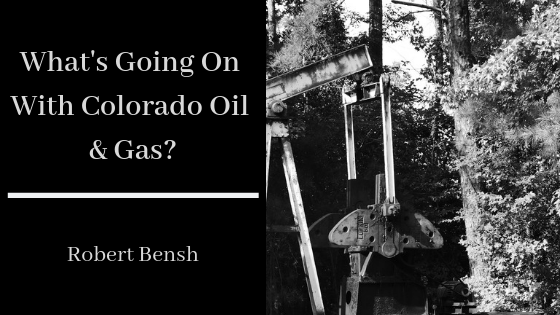The United States has been making waves in the oil and gas industry thanks to large increases in production across various states like Texas, North Dakota, and Alaska. Not on the list of the top five oil-producing states is Colorado. And yet, it’s the state that everyone is talking about. Here’s why.
Colorado legislators recently began working to advance a bill that would change the focus of the state’s oil and gas regulations. Under current legislation, the number one priority of industry regulators is energy production. The new legislation, however, lists the number one priority as human health and environmental protection.
Under this legislation, the Colorado Oil & Gas Conservation Commission would be entirely reorganized to better reflect the reorganized priority list. The bill calls for a reduction in the number of oil and gas industry representatives on the commission, as well as the required addition of experts in public health and environmental protection.
Some legislators are worried that the the bill is moving too quickly, lessening the chances of debate between parties and input from industry officials. The bill was introduced last Friday (March 1st, 2019) and is expected to be heard today (March 5th, 2019) — so quickly that many have labeled it’s speed “unprecedented.”
Interest groups on both sides expressed frustration at not being able to review the bill prior to its introduction.
The Colorado Petroleum Council and the Colorado Oil & Gas Association have urged careful review and consideration of the bill due to its inherent complexity and widespread impact. Both organizations believe that there was not enough time to adequately review and evaluate the bill at a level that is consistent with the changes it would invoke.
A Colorado Rising representative also stated that the group would not comment on the bill until the actual language could be reviewed. The bill is expected to affect Colorado beyond the oil and gas industry.
Other components of the proposed legislation would allow local governments to have more control over the location of new wells, a power currently reserved for the State, and amend the current stipulations for “forced pooling” from requiring approval from a single, involved party to requiring approval from at least half of all involved parties.
Supporters of the proposed legislation posit that the 25-page document will, if passed, ensure that Colorado’s oil and gas regulations better match the new technology currently being used in the field.
